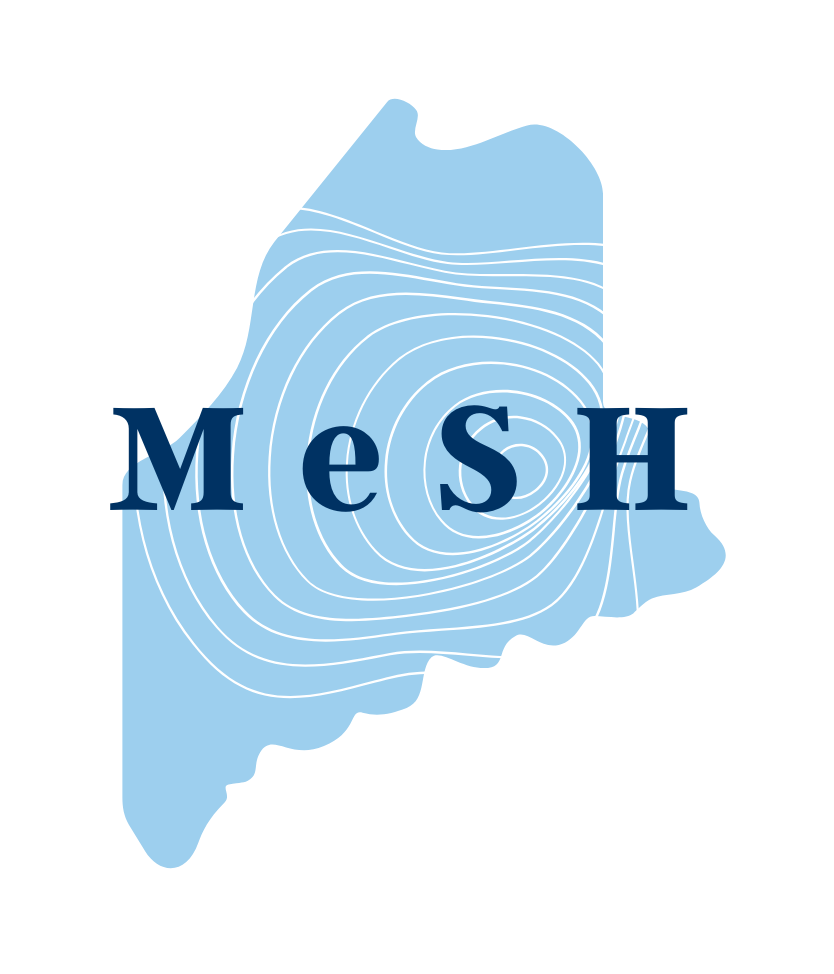Courses Related to Sustainability in Food & Agriculture
Course offerings are subject to change. Please verify information in the Undergraduate Catalog if you see a course that is of interest.
Courses on this list focus on numerous aspects of sustainability issues and solutions within agricultural and food systems. Global agriculture and food production have significant impacts on human societies and the environment, so improving the sustainability of those processes has a significant impact.
Economics
ECO 190 – World Food Supply, Population, and Environment
Reviews current global resources focusing primarily upon food production and population, and environmental problems relating to food production and distribution. World trade and world trade policy are considered with primary emphasis on food. Other topics include world trade liberalization, genetically modified foods and comparative agricultural systems.
Food Science and Nutrition
FSN 270 – World Food and Culture
An investigation of the status of the world food supply, food in the developing world, and food in the developed world, with emphasis on sustainability of food systems, as well as an exploration of food selection and preparation in a cultural context.
Plant, Soil, and Environmental Science
PSE 105 – Principles of Sustainable Agriculture
Basic design principles and examples of environmentally and economically sustainable agricultural systems. Describes the use of synthetic fertilizers and pesticides, but emphasis will be placed on identifying management practices that a) biologically improve soil structure, organic matter content, and fertility; and b) minimize or eliminate the need for chemical interventions for control of insect pests, pathogens, and weeds.
PSE 264 – Introduction to Composting
This course provides students with tools to understand the composting process including biology, feedstocks, recipe development and types of composting systems. Other topics include managing and troubleshooting compost piles, analyzing compost, and appropriate use are considered.
PSE 265 – Soil Health for Farm Resilience and Climate Mitigation
This course provides students with tools to understand the concepts and practices of soil health in different scales and types of systems. The importance, goals, and challenges of managing soil health are emphasized. Both agronomic and environmental outcomes for soil health practices are considered. Students will build their understanding of, and ability to use, course information through weekly discussions and will critically evaluate the use of soil health practices for climate mitigation.
PSE 312 – Sustainable Food Systems: Challenges and Opportunities
This course is an examination of food systems through a sustainability lens, including the evolution of food systems over time, supply and value chains, food justice, food sovereignty, hunger, food and agriculture policy at the federal and state level.
PSE 360 – Agroecology and Sustainable Cropping Systems
Students will learn about and discuss various aspects of transdisciplinary agroecology and sustainable cropping systems. This will include a synthesis of fundamental topics (e.g. tillage, irrigation, crop genetic resources, diversity) in the context of social and economic realities of contemporary U.S. agriculture. We will explore agronomic and horticultural cropping systems using local, regional, national, and global examples. Students will work collaboratively in on-farm context to assess an agroecology system, understand its complexities, practice research and practical farm management skills (e.g. biodiversity assessment, soil sampling) and make recommendations for improving sustainability.
Sociology
SOC 310 – Food Systems and Social Change
This course investigates food systems as social institutions, considering both how they meet human needs and how they reflect and reproduce social and environmental inequalities. It focuses on systemic causes of and responses to food insecurity and malnutrition and considers critiques of food systems developed from perspectives of food democracy, food justice, and food sovereignty. Learning in this course concentrates on understanding historical and social contexts of food systems, exploring values and positions involved in contemporary debates about food systems, and gaining knowledge of food as an arena for practical, change-oriented activism.

